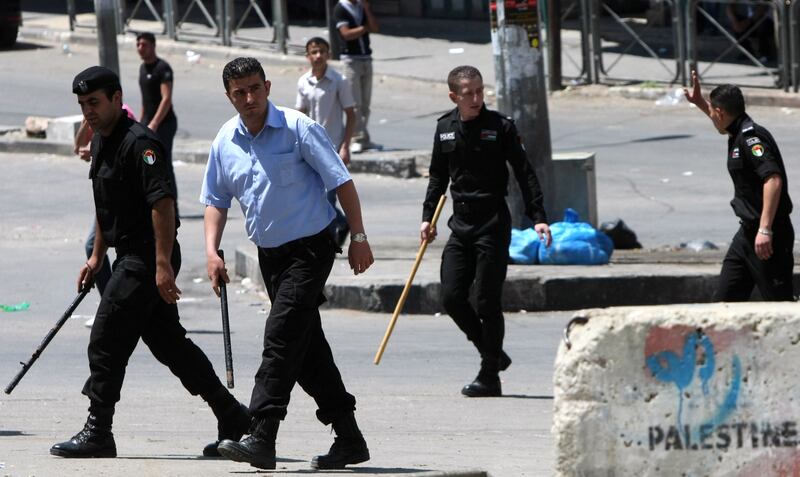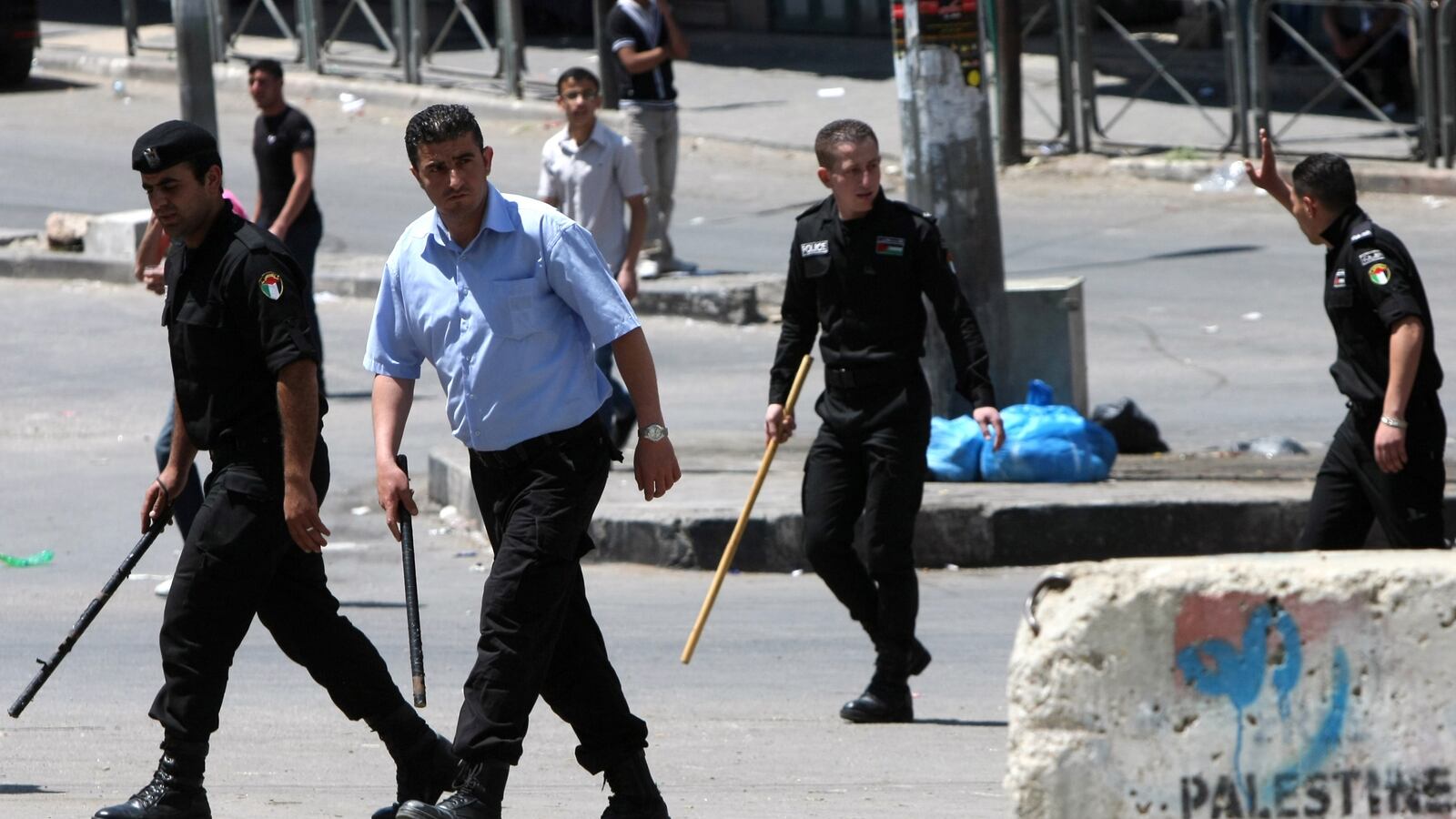After a year of holds and delays, Congress stated yesterday that it plans to release over $500 million in U.S. aid to the Palestinian Authority. This is good news, not just for the financially strapped PA, but for Israel, too. The money will help finance the PA’s security services, which have gone a long way toward stemming anti-Israel violence originating in the West Bank. The fact that Netanyahu recently decided to transfer tax revenue to the PA, despite threatening to withhold it when Palestine achieved upgraded status at the United Nations, suggests he’s well aware of the benefits Israel reaps when the PA is not caught in the paralyzing grip of an economic crisis.

But Congress’s decision to finally let the U.S. money out the door comes with some curious conditions attached. Curious, not because the conditions are unreasonable—they’re actually eminently reasonable—but because they suggest Congress is at least partly misinformed about facts on the ground in Palestine. Consider this CQ Roll Call report:
“There are television and radio programs run out of the West Bank that actively encourage prejudice and hate and incite violence, and they’re run by the Palestinian Authority. There are also textbooks that incite violence” against Jews and Israel, [House Foreign Affairs chairman Rep. Ed] Royce said. Instead of holding up aid funds, however, he has been in talks with the State Department about conditioning all U.S. assistance to the West Bank on Palestinian efforts to stamp out anti-Semitic activity. That would fall along the lines of a 2012 bill Royce introduced with California Rep. Howard L. Berman, the since-retired ranking Democrat of the Foreign Affairs Committee.
“We tie it to the package in a way that allows the State Department to utilize this as a tool in order to end the incitement,” Royce said in an interview. “I would like to see some effort, some serious effort on the part of the Palestinian Authority to cease supporting this type of counterproductive activity because it makes reconciliation all the more difficult and creates conditions which are conducive to violence.”
Now, it’s absolutely true that there are ongoing instances of Palestinian anti-Semitism that need to be stamped out. The recent Holocaust-denying op-ed published by Ma’an News Agency, not to mention PA President Mahmoud Abbas’s own remarks alleging a historical link between Zionists and Nazis, both spring to mind as disturbing and condemnable examples.
What’s strange, though, is that Royce doesn’t seem to realize that what Israel has spent years alleging—that Palestinian textbooks contain egregious incitement against Israel—may not actually be true. He gives no indication he’s aware of the new research study, splashed across headlines all last week, that shows Palestinian textbooks are actually remarkably good at not inciting violence against Jews and Israel. And he gives no indication he’s aware of the fact that Palestinian Prime Minister Salam Fayyad—unlike the Israeli government—fully cooperated with and then welcomed the study with open arms, even urging the Education Ministry to use its recommendations to improve the Palestinian curriculum.
Does Royce not consider that move to constitute “some effort, some serious effort on the part of the Palestinian Authority” to combat anti-Israel incitement? Or do he and his colleagues simply not read the papers?






